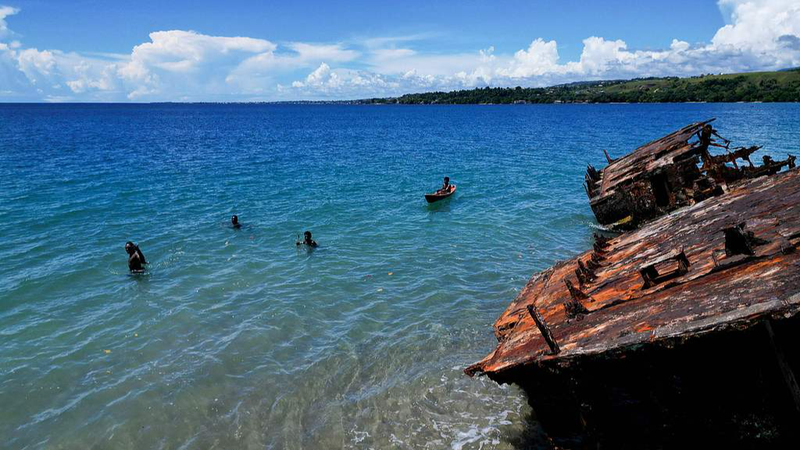Pacific Island nations are on the frontlines of an escalating marine plastic crisis they did not create. Powerful Pacific currents carry debris from industrialized regions to their shores, piling up toxins that endanger coral reefs, fisheries and public health.
Remote Nations Facing a Global Problem
Most plastic waste originates in industrialized countries, yet ocean currents concentrate debris in the South Pacific. The United Nations Environment Programme estimates over 11 million tonnes enter the ocean annually—a volume set to nearly triple by 2040 without urgent action. Much of this waste gathers in the Great Pacific Garbage Patch before drifting toward smaller island chains.
Professor Li Daoji, director of UNESCO-IOC's Marine Plastic Debris and Microplastics Regional Training and Research Centre, notes that decades of leakage—from everyday packaging to the 2011 Japanese tsunami—have loaded our oceans with plastic.
Impact on Communities and Ecosystems
In Fiji, Vanuatu and Samoa, a clean ocean is vital for food security, tourism and livelihoods. Yet microplastics now infiltrate seafood and drinking water, raising health concerns. A 2022 study in Scientific Reports found fishing gear—buoys and nets—makes up a significant share of debris in the North Pacific, often sinking below the surface and complicating cleanup.
"We need to stop treating our ocean like a dumping ground," urged Victor Bonito at the Pacific Islands Conference on Ocean Science and Ocean Management in September 2023.
Global Collaboration and Local Innovation
In March 2022, the UN Environment Assembly adopted a landmark resolution dubbed End Plastic Pollution, mandating a legally binding treaty on plastics by 2024. Meanwhile, China's 14th Five-Year Plan outlines measures to curb plastic production and enhance waste management.
China is also boosting capacity in the region: the Chinese Academy of Fishery Sciences plans seven fisheries training programs this year, and Shanghai Ocean University has hosted Pacific students for over two decades. According to Wan Rong, president of Shanghai Ocean University, the institution will continue welcoming young talent from the Pacific and support mutual learning.
As remote nations and global partners unite, the fight against plastic pollution shows how collective action and innovation can protect vulnerable communities and preserve our oceans for generations to come.
Reference(s):
How Pacific Island nations are confronting a crisis they didn't create
cgtn.com




